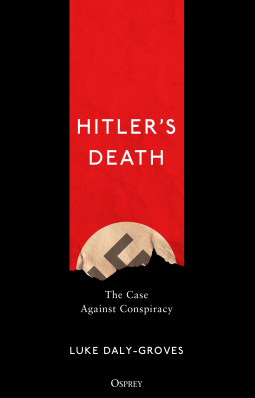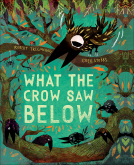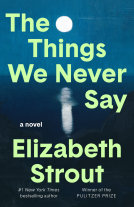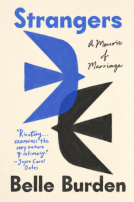
Hitler’s Death
The Case Against Conspiracy
by Luke Daly-Groves
This title was previously available on NetGalley and is now archived.
Send NetGalley books directly to your Kindle or Kindle app
1
To read on a Kindle or Kindle app, please add kindle@netgalley.com as an approved email address to receive files in your Amazon account. Click here for step-by-step instructions.
2
Also find your Kindle email address within your Amazon account, and enter it here.
Pub Date Mar 19 2019 | Archive Date Feb 10 2019
Talking about this book? Use #HitlersDeath #NetGalley. More hashtag tips!
Description
In Hitler's Death, author and expert Luke Daly-Groves rigorously looks at the question: Did Hitler shoot himself in the Führerbunker or did he slip past the Soviets and escape to South America? Countless documentaries, newspaper articles, and internet pages written by conspiracy theorists have led the ongoing debate surrounding Hitler's last days. Historians have not yet managed to make a serious response. Until now.
This book is the first attempt by an academic to return to the evidence of Hitler's suicide in order to scrutinise the most recent arguments of conspiracy theorists using scientific methods. Through analysis of recently declassified MI5 files, previously unpublished sketches of Hitler's bunker, personal accounts of intelligence officers along with stories of shoot-outs, plunder and secret agents, this rigorously researched book takes on the doubters to tell the full story of how Hitler died.
Available Editions
| EDITION | Other Format |
| ISBN | 9781472834546 |
| PRICE | $22.00 (USD) |
| PAGES | 208 |
Links
Average rating from 15 members
Featured Reviews
4 stars
I read the Kindle edition.
This book is very detailed and footnoted copiously. The writing is a little dry, but that is the nature of some historical writing. It speaks of all the conspiracies surrounding not only Hitler’s death, but also other key members of the Nazi regime. It lays out the origin of the differing conspiracy theories and why they were disseminated. I enjoyed it, although I did have to take an occasional break now and then.
 Lisa B, Reviewer
Lisa B, Reviewer
Really enjoyed reading this book. Fascinating subject and it taught me a great deal. Very informative and interesting
 John L, Reviewer
John L, Reviewer
This was a very good and easy read for those interested in WW2. In discussing in quite forensic (but never overly burdened) detail the death of Hitler and all that followed, we get great insight into what people thought of all the rumours of Hitler's survival, and what people should think of such suggestions that annually float around on F*c*book. There were rumours from the get-go that Hitler had survived, escaping by himself, or with others, or with the full complicity of the Allies. The Soviets seemed to want to say the Brits were harbouring him, for one. And what of the fact that everyone did look into the reports of his being seen? Well, people making such comments needed to think they were in the investigators' good books, and were worth looking at themselves, however insane they were. Also, every false declaration of Hitler's continued existence was a barrier for those hoping to resurrect his Reich. We even learn a very sensible reason why Argentina became a hotbed of allegations of Hitler's and Bormann's retirement homes.
There's great depth to Hugh Trevor-Roper, and what he was getting out of his report and book, and why it was published in the timeline it lived through (although there is a hole where I wanted to know what the conspiracy theorists were saying against him as being unreliable and unable to do the job he clearly did). There is also emotional fact, when the Goebbels children were murdered, and many people killed themselves, seeing – immediately post-Hitler – no future of the kind they hoped for. What I didn't like was the suggestion that because the UK and the US both investigated things, at much expense but separately, and allegedly found nothing, the theories cannot be true – this author seems to not realise the (implausible) possibility of a false paper trail. But there's been a massive piece of legwork, from the notes' evidence alone, to make this book, and despite what at times seems a little bit of first-book naivety, this is still really good. It took me a long afternoon, which suggests it's just the right length for the layman, but it's also forensic enough for the specialist historian, making this really well worth considering.
Readers who liked this book also liked:
Agnieszka Was-Turecka; Ewelina Karpinska-Morek; Monika Sieradzka; Artur Wróblewski; Tomasz Majta; Michal Drzonek
Biographies & Memoirs, History, Multicultural Interest
Carine Laforest;
Children's Fiction


















